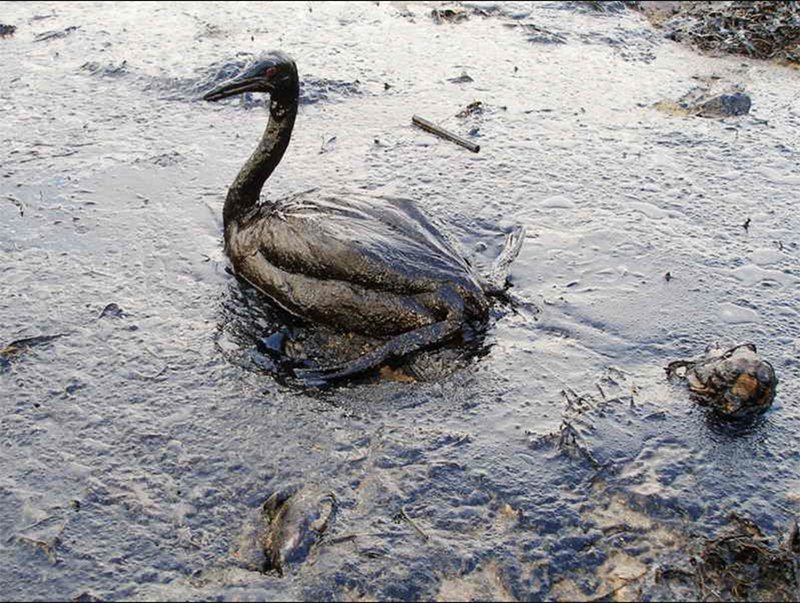Background
Exploration and exploitation of oil and gas reserves have not always been without some environmental effect. A major concern in environmental studies is the estimation of the impact of anthropogenic activities on natural systems. Organic compounds are among the more abundant and the more various pollutants. Because they can display significant adsorption capacities and thus transport other pollutants, they should be carefully analyzed. In recent years, a variety of the advanced organic geochemical techniques have been developed to improve knowledge of the structure and evolution of natural organic matter. Most of the advanced techniques that are required for the characterization of organic compounds can be directly used in environmental studies.

Applications
- Characterization of the source of the organic pollutants
- Investigating migration and dispersion of organic pollutants in water, soils and sediments
- Investigating stability of organic pollutants during degradation processes (e.g. biodegradation and oxidation)
Analytical methods
Investigation of the environmental problems require an approach similar to that frequently used in the petroleum geochemistry field. In petroleum exploration, it is important to characterize the source rocks for oil, to study its migration and dispersion in the reservoir rock and to estimate the changes induced by different alterations.
The organic characterization of environmental pollutants and the identification of possible anthropogen contributions can be assessed by both the molecular and functional group approaches. By using biomarkers, it is possible to correlate a pollutant source with the contaminated targets. The evolution of the organic matter by different alteration processes can be estimated by studying molecular and functional group modifications. Accordingly, the main analytical methods for environmental studies which are also provided by Energy Researchers Arana (ERA) Company include:
- Soxhlet extraction
- Elemental analysis (EA)
- Liquid chromatography (LC)
- Gas chromatography (GC)
- High resolution GC (HRGC)
- Pyrolysis-GC (Py-GC)
- GC-Mass spectrometry (GC-MS)
- Pyrolysis-GC-MS (Py-GC-MS)
- Bulk isotope analysis
- Compound specific isotope analysis (CSIA)
- Fourier transform infrared spectroscopy (FTIR)
- Inductively coupled plasma (ICP)
- ICP-Optical emission spectrometry (ICP-OES)
